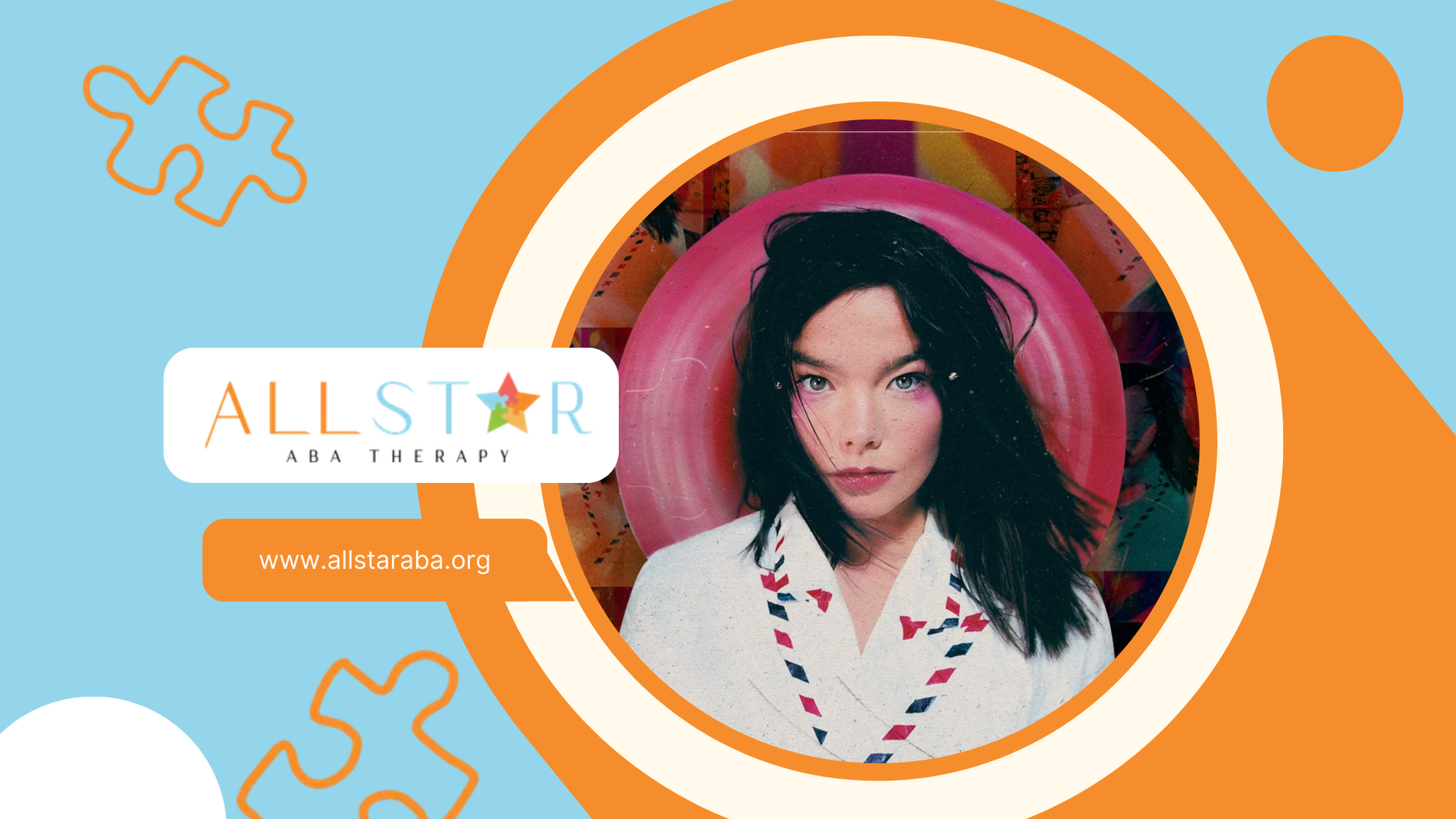New Paragraph
ABA Intervention for Autism: A Guide for Families in Maryland
Understanding ABA Intervention
Applied Behavior Analysis (ABA) is a highly effective therapeutic approach used to improve various behaviors in children with autism. This intervention is grounded in behavioral psychology and aims to enhance social, communication, academic, and daily living skills through structured techniques and positive reinforcement.
What is ABA?
ABA focuses on understanding how behavior works, how it is affected by the environment, and how learning takes place. By breaking down tasks into smaller, manageable steps and providing consistent reinforcement, ABA helps children with autism learn new skills and reduce problematic behaviors.
Key Components of ABA
- Discrete Trial Training (DTT): This technique involves breaking skills into small, teachable components and providing repeated practice. Each trial consists of a clear instruction, the child's response, and immediate feedback.
- Natural Environment Training (NET): NET focuses on teaching skills within the child’s natural environment, making learning more relevant and functional.
- Pivotal Response Treatment (PRT): PRT targets pivotal areas of development, such as motivation and response to multiple cues, to produce broad improvements in communication, behavior, and social skills.
- Early Start Denver Model (ESDM): ESDM is designed for children aged 12 to 48 months and integrates ABA principles with developmental and relationship-based approaches.
Benefits of ABA Intervention
ABA intervention offers numerous benefits for children with autism, contributing significantly to their development and quality of life.
Improved Social Skills
ABA helps children develop the ability to interact with peers and adults, understand social cues, and engage in appropriate social behaviors.
Enhanced Communication Abilities
Children learn both verbal and non-verbal communication skills, improving their ability to express needs, desires, and emotions effectively.
Reduced Problematic Behaviors
ABA focuses on replacing negative behaviors with positive ones, helping children manage tantrums, aggression, and other disruptive actions.
Greater Independence
Through ABA, children acquire essential life skills that enable them to perform daily activities more independently, such as dressing, eating, and personal hygiene.
Implementing ABA Intervention
Implementing ABA intervention involves several structured steps, ensuring that the therapy is tailored to meet the unique needs of each child.
Assessment and Goal Setting
A comprehensive assessment is conducted to identify the child’s strengths and areas needing improvement. Based on the assessment, specific, measurable goals are set.
Developing a Treatment Plan
A personalized treatment plan is created, detailing the strategies and interventions that will be used to achieve the goals. This plan includes a schedule of activities and methods tailored to the child's learning style.
Consistent Monitoring and Evaluation
Regular monitoring and evaluation are crucial to ensure the intervention is effective. Adjustments are made as necessary to keep the child on track toward achieving their goals.
Choosing an ABA Provider in Maryland
Selecting the right ABA provider is critical to the success of the therapy. Here are key factors to consider:
Qualifications and Experience
Ensure the providers are certified and have experience working with children with autism. Look for Board Certified Behavior Analysts (BCBAs) and Registered Behavior Technicians (RBTs).
Individualized Approach
The provider should offer customized treatment plans tailored to your child's specific needs and progress.
Family Involvement
Choose a provider that encourages family involvement and offers training to parents to support their child's development at home.
Conclusion
ABA intervention for autism provides invaluable support in enhancing communication, social skills, and overall quality of life for children. For families in Maryland seeking effective ABA services, All Star ABA is committed to offering tailored, compassionate care to support your child's development.
Reach out to us to learn more about our services and how we can help your child thrive.
Frequently Asked Questions
What age is best to start ABA therapy?
ABA therapy can be beneficial at any age, but early intervention, ideally before the age of five, is particularly effective in producing significant improvements.
How many hours per week should my child receive ABA therapy?
The recommended number of hours varies based on the child's needs. Intensive ABA therapy often involves 20-40 hours per week, but this should be determined by a professional based on an individual assessment.
Need Support?
We're Here to Help!
Our experienced team is ready to assist you. Reach out today to discuss how we can support your child's development and well-being.
Get started with expert ABA therapy today.








